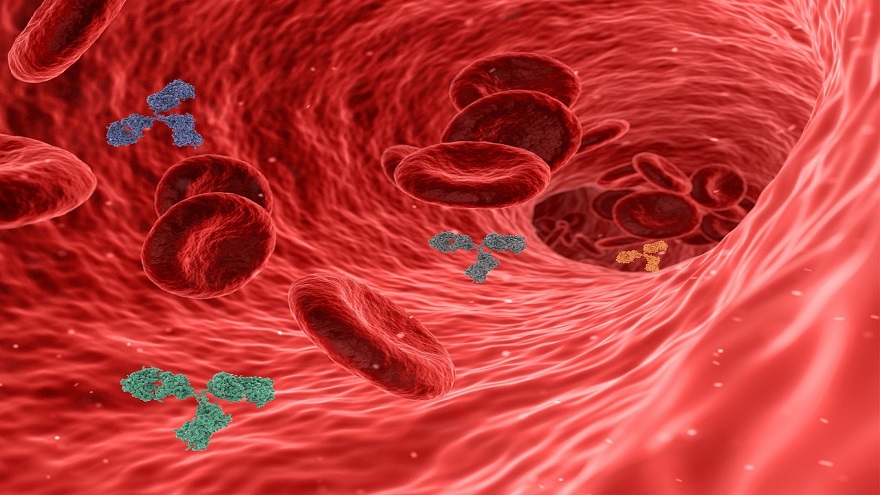Gut health is a vital component of overall well-being. The gut is home to trillions of bacteria, both good and bad. The balance of these bacteria is crucial for the proper functioning of the digestive system and overall health. Probiotics are beneficial bacteria that can help restore the balance of the gut microbiome, providing numerous health benefits.
What are Probiotics?
Probiotics are live microorganisms that, when consumed in adequate amounts, provide health benefits to the host. They are found in fermented foods such as yogurt, kefir, and sauerkraut, as well as in supplement form. Probiotics are often referred to as “good” or “beneficial” bacteria because they help to promote a healthy gut environment.
The Importance of a Healthy Gut Microbiome
The gut microbiome is the collection of microorganisms that live in the gastrointestinal tract. The gut microbiome plays a crucial role in the body’s overall health and well-being. It affects everything from digestion and nutrient absorption to the immune system and mental health. A healthy gut microbiome is essential for maintaining the balance of good and bad bacteria in the gut.
When the balance of good and bad bacteria is disrupted, it can lead to a range of health issues, including digestive disorders, immune dysfunction, and even mental health issues. Probiotics for gut restoration can help to restore the balance of the gut microbiome, providing numerous health benefits.
The Benefits of Probiotics for Gut Restoration
Probiotics for gut restoration have been shown to provide numerous health benefits, including:
- Improving digestion and nutrient absorption
- Reducing inflammation
- Boosting the immune system
- Improving mental health
- Reducing the risk of certain diseases
Improving Digestion and Nutrient Absorption
Probiotics can help to improve digestion and nutrient absorption by breaking down food and absorbing nutrients more efficiently. They also help to increase the production of enzymes, which are necessary for the proper digestion of food. Additionally, probiotics can help to reduce the symptoms of digestive disorders such as IBS and Crohn’s disease.
Reducing Inflammation
Probiotics can also help to reduce inflammation in the gut. Inflammation is a normal response to injury or infection, but chronic inflammation can lead to a range of health issues. Probiotics can help to reduce inflammation by promoting a healthy gut environment and regulating the immune system.
Boosting the Immune System
Probiotics can also help to boost the immune system. The gut microbiome plays a crucial role in the immune system, and a healthy gut microbiome can help to protect the body against infection and disease. Probiotics can also help to reduce the symptoms of allergies and autoimmune disorders.
Improving Mental Health
Probiotics for gut restoration have also been shown to improve mental health. The gut-brain axis is a complex connection between the gut and the brain that plays a crucial role in mental health. Probiotics can help to improve mental health by regulating the gut microbiome and reducing inflammation in the gut.
Reducing the Risk of Certain Diseases
Probiotics for gut restoration have also been shown to reduce the risk of certain diseases. They can help to reduce the risk of infections, allergies, autoimmune disorders, and even cancer. Probiotics can also help to reduce the risk of obesity and metabolic disorders such as type 2 diabetes.

How to Incorporate Probiotics into Your Diet
Probiotics can be found in a variety of fermented foods such as yogurt, kefir, sauerkraut, and kimchi. Incorporating these foods into your diet can help to increase the amount of probiotics in your gut. Additionally, probiotic supplements are also available in the form of capsules and powders. It is important to speak with a healthcare professional before starting any new supplement regimen.
Prebiotics: A Key to Optimal Probiotic Function
Prebiotics are non-digestible carbohydrates that act as food for probiotics. They help to promote the growth and activity of probiotics in the gut. Foods high in prebiotics include fruits, vegetables, whole grains, and legumes. Incorporating prebiotics into your diet can help to support the growth and activity of probiotics in the gut.
Take Control of Your Gut Health
Probiotics for gut restoration can provide numerous health benefits. However, it is important to note that probiotics work best in conjunction with other gut-healthy strategies such as maintaining a healthy diet, reducing stress, and getting regular exercise.
You May Also Like:
Download our free gut health guide and take the first step towards optimal gut health. Try a free 3-day supply of our probiotic green drink called Life Greens, which is packed with probiotics, prebiotics, and other gut-friendly ingredients to support the growth and activity of beneficial bacteria in the gut.
In conclusion, probiotics are beneficial bacteria that can help to restore the balance of the gut microbiome, providing numerous health benefits. Incorporating probiotics into your diet through fermented foods and supplements, as well as prebiotics through a healthy diet, can help to support optimal gut health. Don’t wait any longer and take control of your gut health, download our guide and try our probiotic green drink today.


